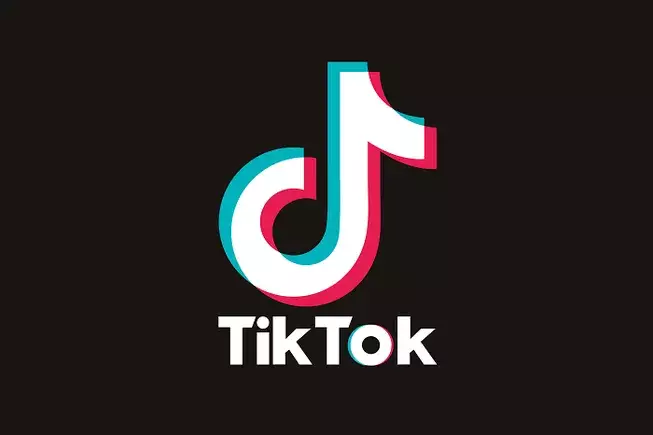TikTok, the popular social media platform owned by ByteDance, has experienced tumultuous shifts in its operational status across the United States, stirring a lively discourse on data privacy, national security, and the intricacies of international tech dealings. As the app has been reinstated for download on major platforms including Google Play and the Apple App Store, it stands at a precarious junction reflecting broader geopolitical tensions and domestic policy concerns.
After facing potential removal as mandated by the Biden-approved “Protecting Americans from Foreign Adversary Controlled Applications Act,” TikTok received a window of opportunity to retain its position in the U.S. market. This move was sanctioned by the new Attorney General, Pam Bondi, who provided the tech giants with legal assurances that they would not face repercussions for enabling access to TikTok, despite its uncertain legal standing. This shift has allowed TikTok, along with other ByteDance applications such as CapCut and Lemon8, to become fully accessible once again, at least for the next 50 days, before any further governmental action is anticipated as the clock ticks down on Trump’s temporary extension.
The unfolding scenario emphasizes the patterns of political influence and regulatory reach over social media platforms, which are often mired in nationalistic rhetoric and accusations of espionage. The previous administration had tasked TikTok with divesting its U.S. operations or risking outright banishment, a controversial stance that sparked debates surrounding the implications of foreign ownership in the American tech landscape.
Amidst these shifts, the Trump Administration has initiated dialogues with various tech powerhouses, including Microsoft, Oracle, and Amazon, regarding a potential U.S.-based ownership structure for TikTok. The specifics of any such arrangement, however, remain ambiguous and complicated, especially as it must also garner the consent of Chinese authorities. This juxtaposition raises profound questions about sovereignty, commerce, and the intersection between government policy and corporate interests in the tech sector.
Additionally, one wonders what role the geopolitical rivalry between the U.S. and China plays in the ongoing negotiations. TikTok’s survival within the U.S. is not just about business strategy; it speaks volumes about the power dynamics between nations where technology is not just a product, but an extension of political influence. Reports suggest that ByteDance is actively pursuing plans to devise a framework appealing to the Chinese Communist Party, adding another layer of complexity to the already intricately woven drama.
Beyond legislation and business negotiations, public sentiment has also become a potent vector influencing TikTok’s fate. Donald Trump’s personal affinity for the platform—evidenced by his substantial follower count—offers an interesting paradox. While he has previously branded the app derogatorily as “Tic Tac,” his sizable influence on the platform suggests a multifaceted relationship with social media as both a campaigning tool and a communication avenue. The friction between Trump’s public commentary and his online presence represents not only his complex persona but also the unpredictable trajectory of digital platforms.
At its core, TikTok’s story is emblematic of contemporary social media’s broader struggles against regulatory frameworks and nationalistic sentiments. The app has managed to reclaim its space in the American digital ecosystem, but the future remains shrouded in uncertainty. As negotiations and discussions unfold, the question persists: how will users and stakeholders navigate this evolving landscape? Will TikTok ultimately find a path to sustained acceptance, or will it serve as a cautionary tale of how volatile the global tech environment can be?
The reinstatement of TikTok amidst a politically charged atmosphere underscores not only the app’s resiliency but also the ever-present tug-of-war between innovation and regulation in a globalized world. As the extension expires, and negotiations continue, the outcome remains unpredictable. Observers of the tech industry and political landscapes alike eagerly await how this saga will unfold, knowing too well that in the intricate dance of technology and policy, tomorrow’s developments often evoke yesterday’s nightmares. The digital frontiers are anything but static, offering both challenges and opportunities on the road ahead.

